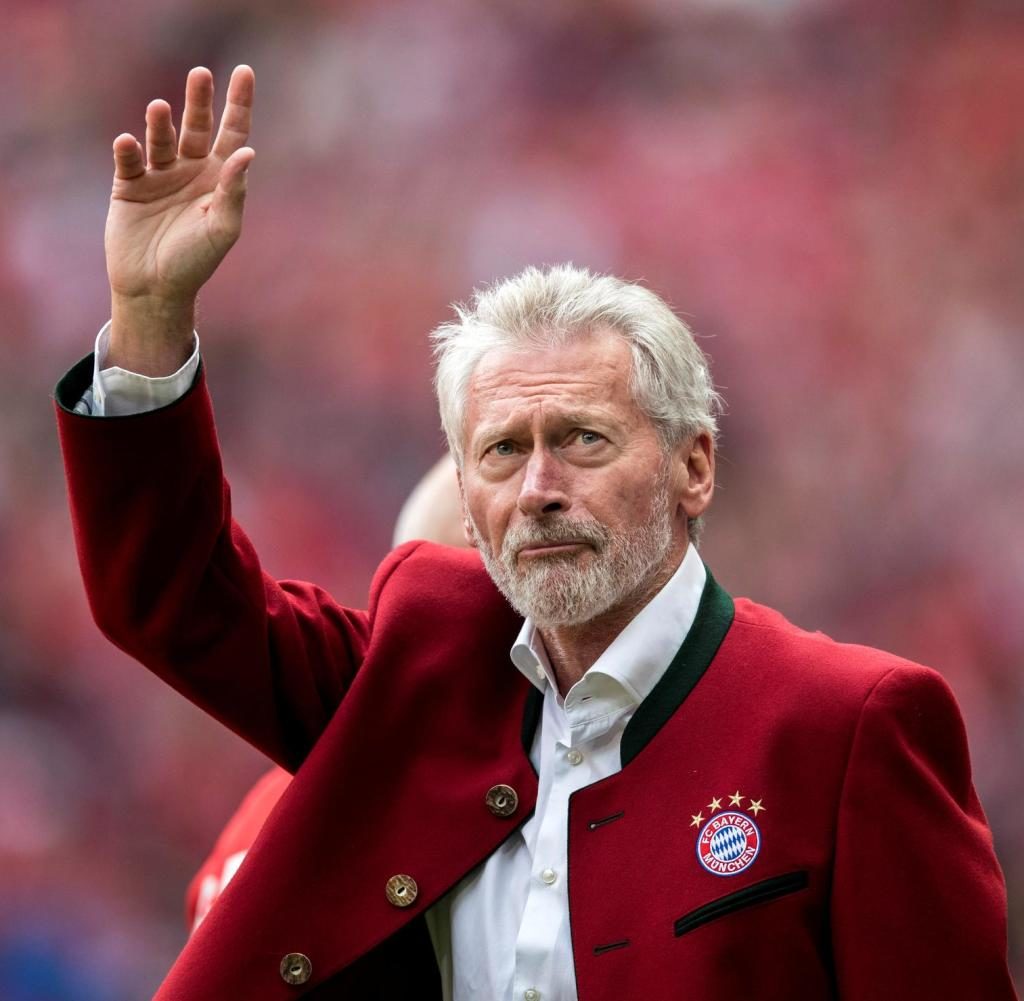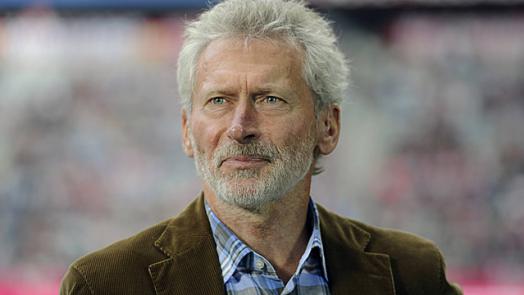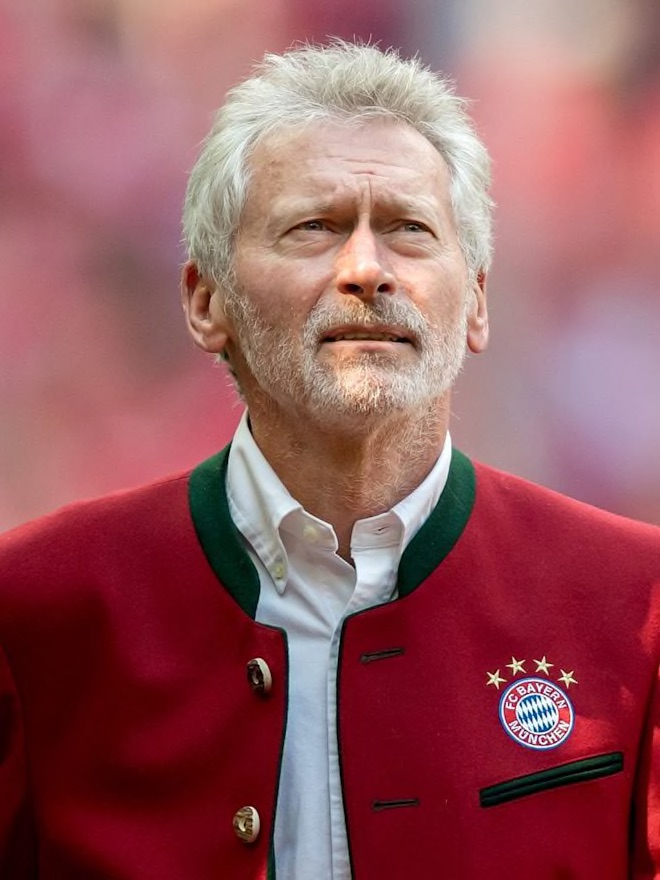Soccer Players Are Artists Not Athletes says the very Successful FIFA World Cup Performer
One of the best players of all time, Paul Breitner is a very famous German former pro soccer player who I interviewed at the United Soccer Coaches Convention. He was a profound interview.
Americans think soccer players are athletes – and, no way. A soccer player is a player and not an athlete. Soccer players are artists.
Paul Breitner
Breitner was on the West Germany team that won the 1974 FIFA World Cup and scored a goal in the final. In the 1982 World Cup final, Breitner scored again and is one of the few players in the world — like Pele and Zinédine Zidane – who have scored in two World Cup finals.
If you look at the 2019 FIFA Women’s World Cup, you will see many of our American players are a special combination of artists and athletes.
Considered one of the top greatest living footballers. Breitner’s soccer career kicked off in 1970 at the age of 21 when he played for Bayern Munich, then left to join Real Madrid, only to returning in later to Bayern Munich.
In total, he played in 255 matches for Bayern in the German “Bundesliga,” scoring 83 Goals. Breitner did not dream of becoming a world-class soccer player but thought of playing soccer as a way to pay for his college tuition – and ended up winning seven National Championships with Bayern Munich (1972, 1973, 1974, 1980, 1981) and two with Real Madrid (1975, 1976).
A living soccer hero, Breitner is dedicated to giving back to the sport he loves dearly and to helping develop the next generation of World Cup players.
Diane Scavuzzo sat down to chat with Paul Breitner in Philly to discover his thoughts on the future of soccer. Here is the first part of a multi-part series.

Diane Scavuzzo: If you were a player who had been developed in America, would you have gone on to be a professional player who scored in two World Cup finals?
Paul Breitner: Never.
Diane Scavuzzo: So you don’t believe you would have grown into the player you became if you had been developed in our current youth soccer world?
Paul Breitner: No, I would have developed as the same as 100 (other) players in the US. You have the same types of players and everyone has to learn the same moves.
Diane Scavuzzo: You are one of the most successful soccer players in the world. Tell me, what is important for a soccer player to be successful?
Paul Breitner: A soccer player has to do his job feeling free, and not being commanded and demanded – a soccer player cannot have every step and every move commanded.
A soccer player needs to have the freedom to create ideas. A soccer player must do his job playing 30, 40, or 60 minutes feeling free – and feeling free means being responsible for one position; the way he has to do defend and attack in his own way – with his own intuition..

Diane Scavuzzo: What do you believe is wrong in American youth soccer?
Paul Breitner: The problem is that Americans think that soccer is a sport similar to football, baseball or basketball.
Americans think soccer players are athletes – and, no way. A soccer player is a player and not an athlete. Soccer players are artists.
Coaches in the USA have to realize that they are instructing.
Coaches need to know they are working with artists and not robots.
American coaches are in command for over 90 minutes dictating every pass and every move.
Diane Scavuzzo: Do you have to be smart to be a soccer player?
Paul Breitner: You do not have to have an IQ of 150 to become a soccer player, but players need a coach who will respect them as individuals.
Diane Scavuzzo: How are youth soccer players developed in Germany?

Paul Breitner: In Germany, every player is guided referring to his own possibilities, his own skills and is not treated the same way as the ten or fifteen guys on his team.
Our kids get the chance to start playing at 3 or 4 years old and these kids can play until they die. They will join their first team when they are at the age of 4 and be instructed step-by-step and discover all kinds of freedom, creativity, and responsibility. Respect, partnership, fairness; we teach these values from the age of four.
There is no better way than to learn everything for your life than Futbol.
Diane Scavuzzo: If you were given a magic wand to change things – what would you do?
Paul Breitner: For the soccer of the future in America, it would be very positive to get European coaches as your partners. If you want to break out of a very closed soccer program, you should partner with a club with a strong history of developing players.
Note: Bayern had more players at the World Cup than any other club and seven players on the German squad who won the 2014 FIFA World Cup. Started in 1900, FC Bayern is the most successful soccer club in Germany. Fans can check out the Bayern Munich online store or visit their Facebook page
This interview is as timely now as it was when it was originally published. As a tribute to one of the most-read articles ever, SoccerToday is republishing this interview.
Read more on FC Bayern





